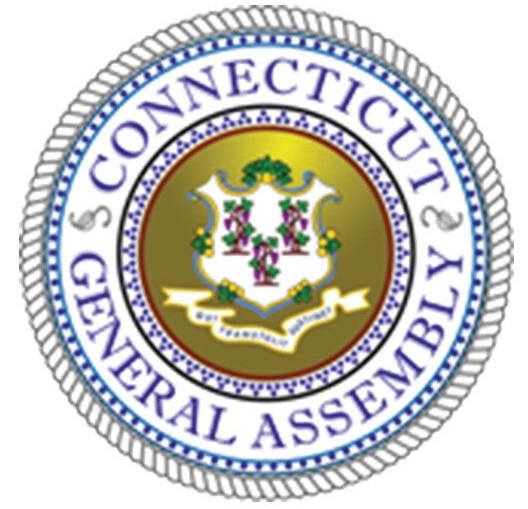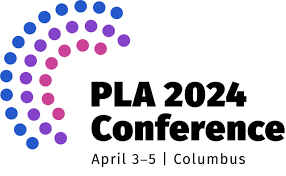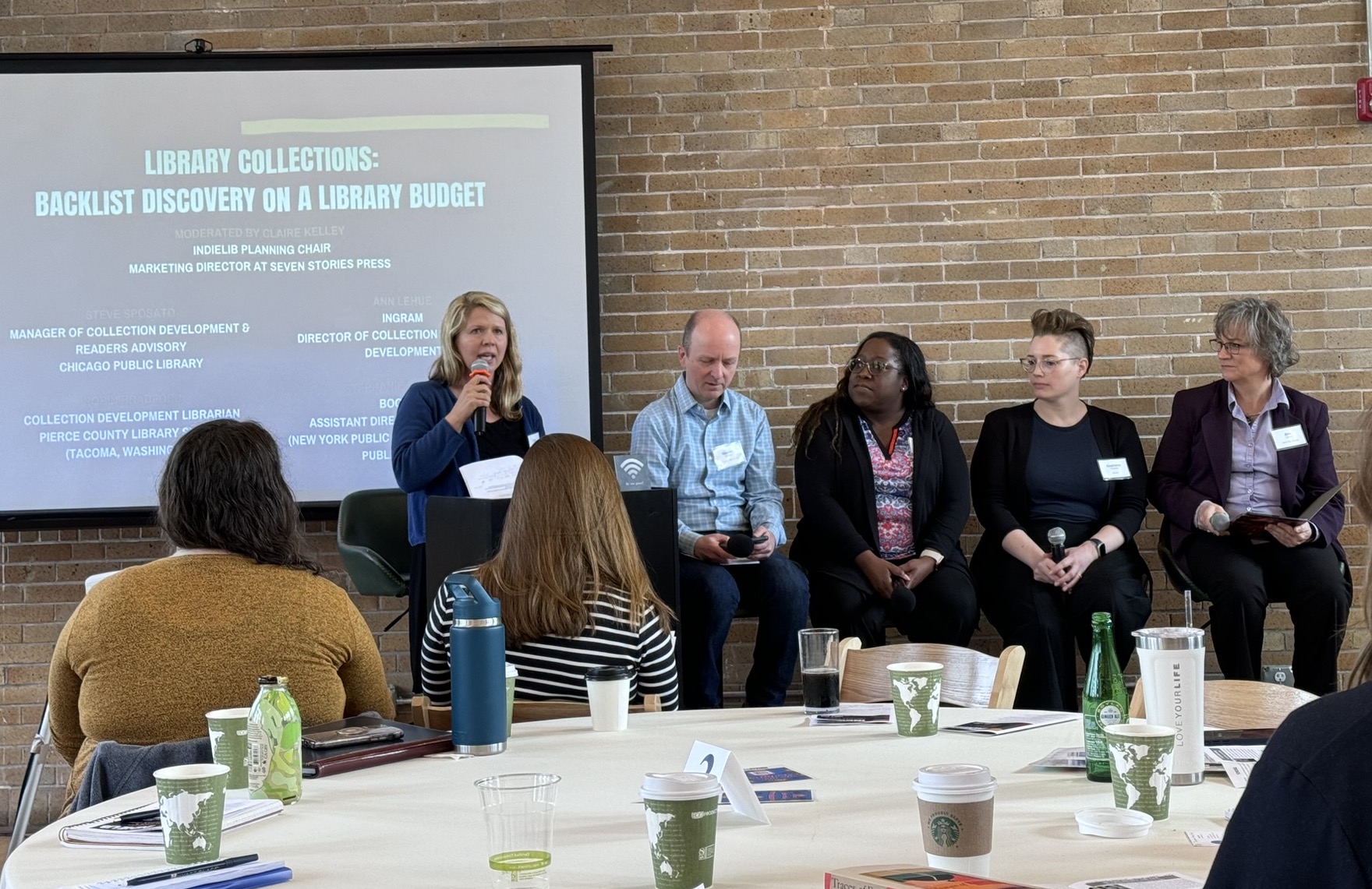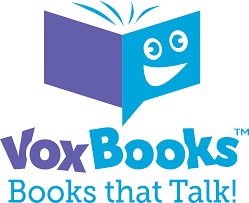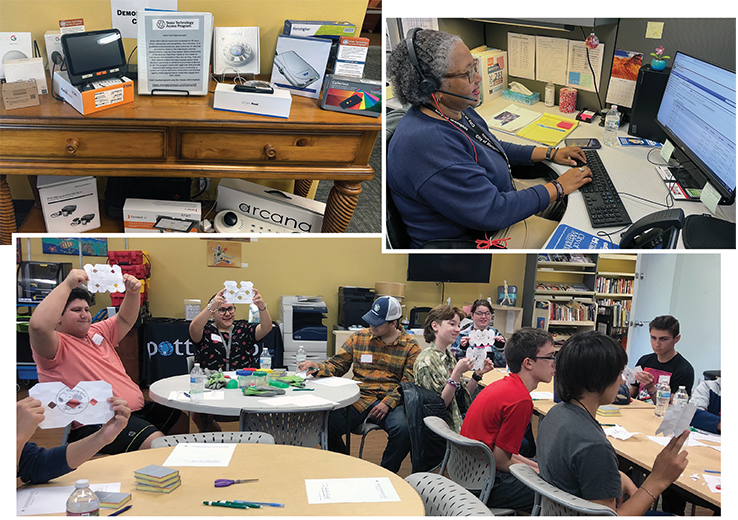Technology
ALL TECHNOLOGY COVERAGE
A pair of bills making their way through the Connecticut state legislature both aim to set parameters on the licensing terms and contracts for ebooks and e-audiobooks that libraries will be able to accept from publishers and aggregators. The bills are the legislature’s most recent attempt to make publishers offer ebooks and e-audiobooks to the state’s libraries on more favorable terms.
The Greater Columbus Convention Center’s exhibit halls were full of activity during this month’s Public Library Association (PLA) 2024 conference in Ohio. Here are a few of the topics LJ had the opportunity to discuss in person at the show, as well as other vendor announcements within recent weeks.
Michael Reynolds, editor-in-chief of Europa Editions, saw libraries and publishers as star-crossed lovers that have been kept far apart for as long as possible, finally meeting in one room in Columbus, OH, at IndieLib, a conference hosted by the Independent Publishers Caucus and the Digital Public Library of America on April 2.
Academic librarians are helping both students and instructors navigate the rapidly evolving field of artificial intelligence.
Library entertainment platforms offering movies and TV shows gain on commercial streaming services as consumers balk at subscription costs. With “subscription fatigue” on the rise, libraries are seeing a growing popularity in streaming services—and deciding how best to provide them.
The librarians interviewed for LJ's April 2024 feature on artificial intelligence (AI) and academic libraries have written and posted a variety of papers, LibGuides, and other content to help instructors and students better understand and utilize AI tools such as ChatGPT.
Baker & Taylor and Library Ideas have announced an exclusive partnership that will see Baker & Taylor distributing Library Ideas’ VOX and IR [Immersive Reality] Books to libraries and schools. VOX Books are hardcover print fiction, nonfiction, and picture books with permanently attached VOX Readers that transform the titles into all-in-one read-along audiobooks. IR Books are hardcover nonfiction print books featuring virtual reality and augmented reality elements.
On Saturday, March 16, a standing-room-only crowd—especially notable for one of the first warm days of spring and the day of New York City’s St. Patrick’s Day parade—packed into Queens Public Library's (QPL) Queensbridge Tech Lab, a makerspace in the Long Island City neighborhood of Queens. Drawing them to the space was the Queens Name Explorer Edit-a-Thon, hosted by QPL’s Memory Project, Wikimedia NYC, OpenStreetMap US, and Urban Archive.
Libraries are incorporating collaboration, creativity, and a steadfast commitment to create accessible and inclusive spaces. Also, LJ looks at EBSCO's academic ebook accessibility findings.
ALREADY A SUBSCRIBER? LOG IN
We are currently offering this content for free. Sign up now to activate your personal profile, where you can save articles for future viewing



